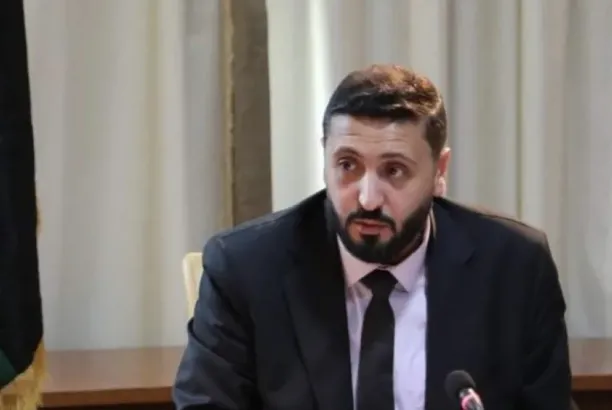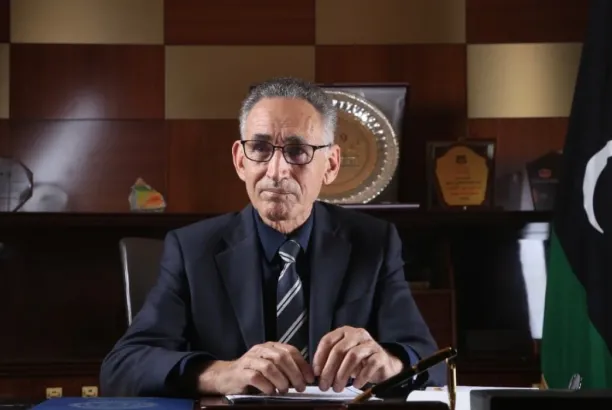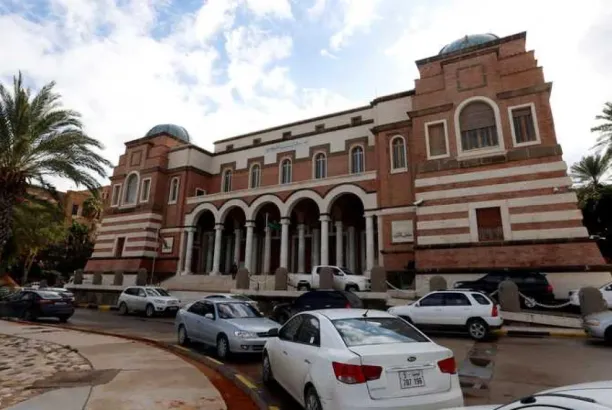
| News
Al-Zantouti to Sada: “If Reserves Are Exhausted Without Diversified Income Sources, We Will Return to the Days of Poverty “
Financial expert Khaled Al-Zantouti told Sada Economic Newspaper that the rise in reserves for a country like Libya—which depends on a single source of income in a highly volatile oil market and has not developed alternative revenue streams—is extremely important. This contradicts what some so-called “commercial analysts” promote, namely that reserves should be fully used, leaving only the equivalent of 120 days’ imports in line with international standards.
He added: “We, gentlemen, are not like the rest of the world. If we exhaust our reserves without diversified income sources, we will return to the days of poverty. Some may accuse me of being pessimistic, and I wish I weren’t, but our bitter reality makes even the optimists pessimists!”
Al-Zantouti noted that while the rise in reserves is reassuring, the real question is whether this increase—around $3 billion—was genuinely achieved through reduced public spending and by transferring part of oil revenues to reserves or via returns on reserve investments. If so, “we stand in respect and gratitude to our Central Bank.”
However, he warned: “I fear (though I am not certain) that this rise may have come from revaluing some assets—specifically gold. In my humble view, this does not constitute a real increase but rather a superficial one. Financially, as long as the purpose is holding, gold should be valued at cost. If the goal is selling, then market value (‘mark to market’) applies. If the revaluation was based on market price, then I do not consider it reserves, but instead an authorization to sell, making it a budget resource to cover deficits. This strips it of reserve status and risks fueling consumer spending, corruption, and mismanagement under our current negative circumstances.”
From a theoretical perspective, Al-Zantouti explained that higher reserves could positively influence the Libyan dinar’s exchange rate, along with measures such as controlling spending, monitoring letters of credit, and fighting all forms of corruption. These factors together would help reduce the dollar’s value against the dinar. What matters most is the Central Bank’s ability to define a fair value for the dinar and defend it consistently under all conditions.
He stressed that the cornerstone is setting this fair value, determined by recognized financial and economic models that account for variables such as the trade balance, current account, expenditure discipline, budget unification, and security and political stability.
Al-Zantouti concluded: “The fair exchange rate could be 5.5 dinars per dollar, or perhaps lower or higher. The key is to define it and defend it. Forget about the so-called dollar auction—this is neither the time nor place. Look at Iraq’s experience with the dollar auction. It is an oil state producing several times more than Libya, yet the policy was a disaster for the dinar and the Iraqi citizen.”





